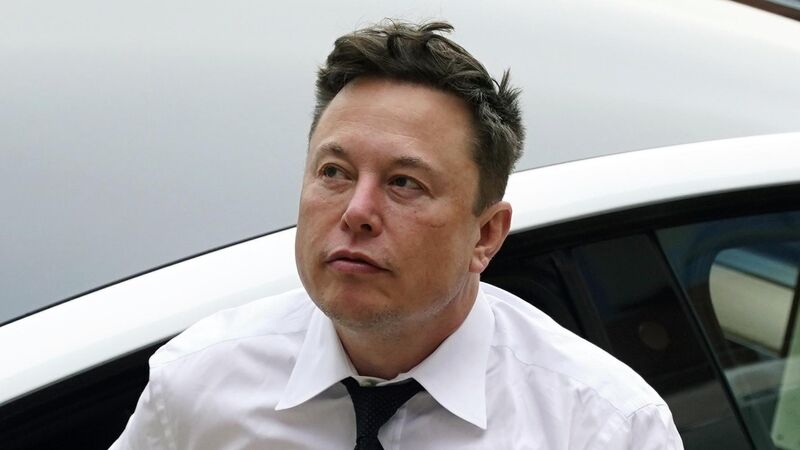Cooling electric car sales force Tesla, Ford, and GM to rethink investments

Tesla chief executive Elon Musk has said that his company has to make electric cars more affordable. Picture: Matt Rourke/AP
After years of pumping cash into the sizzling electric-vehicle (EV) market, Tesla and other major car makers are facing a new dilemma: What to do when demand chills.
While the battery-powered vehicle market is still expanding, the pace of growth has slowed considerably.












